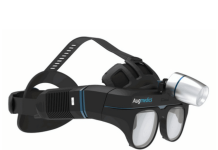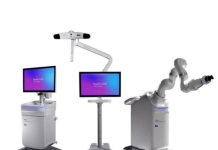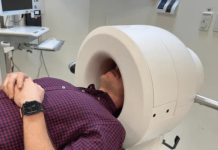Glucotrack (Nasdaq:GCK) announced that it completed a feasibility study for its implantable continuous glucose monitor (CGM).
Rutherford, New Jersey-based Glucotrack designed its CGM for patients with type 1 and type 2 insulin-dependent diabetes. The company said late last year that it planned to expand its product pipeline with an R&D program. The program centers around developing a long-term continuous glucose monitor (CGM) for people with type 1 diabetes.
With an aim to commercialize a long-term sensor, Glucotrack hopes its offering will have no requirement for an additional wearable component. The company also hopes for a once-only calibration for the platform. It believes these can serve as key differentiators in the CGM market.
Glucotrack’s feasibility study had a primary goal of demonstrating that its CGM sensor design could reliably report glucose measurements for two years post-implant. Laboratory bench testing confirmed high probability of minimum two-year implant longevity with the current sensor design.
A third party, using sensor parameters to simulate sensor performance over time, independently verified this longevity.
Given the positive results from the study, Glucotrack now plans for long-term animal studies. The company expects to begin those later this year.
“We are pleased to have met our goal to confidently project a long-term sensor life that is at least four times longer than what is currently available for an implantable CGM, without the requirement for external wearables or frequent calibrations,” said Paul Goode, CEO of Glucotrack. “We look forward to the animal study as the next development step of this exciting technology that can help improve the lives of so many.”




